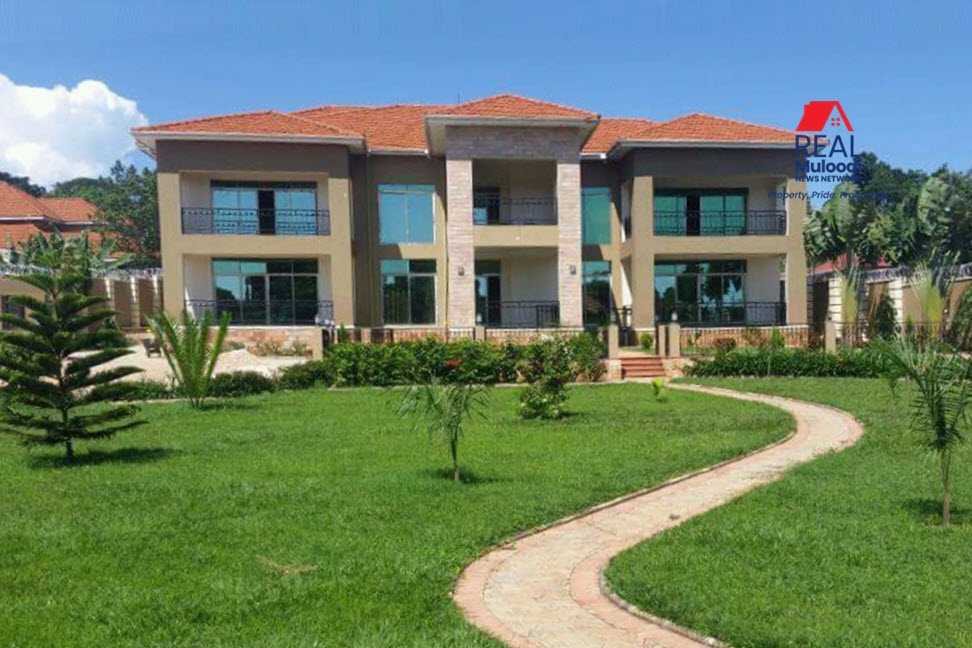UGANDA, Kampala | Real Muloodi News | When it comes to estate planning, writing a will is a common practice for distributing family property after one’s passing.
However, many individuals overlook the alternative option of establishing trust. Unlike a will, which focuses on dividing property, a trust promotes unity and the appointment of trustees to manage assets on behalf of beneficiaries.
In this article, we will explore the concept of a family trust, its benefits, the process of establishment, and how it functions to safeguard family property.
Understanding a Family Trust
According to Attorney Arnold Nogan Kimara from Kimara Advocates and Consults, a trust is a legal arrangement in which a trustee holds property as the nominal owner for the benefit of one or more beneficiaries.
In the case of a family trust, a group of individuals or an appointed trustee assumes the responsibility of managing the family’s property, ensuring its preservation and benefiting the beneficiaries.
The trustee is chosen based on merit and family connection, often being a respected member or holding a reputable position within the family.
To establish a family trust, the family members can convene a meeting and nominate a trustee or trustee.
During the meeting, minutes are recorded, and attendees sign their names to indicate their agreement or disagreement with the nominations. This democratic or unanimous decision-making process solidifies the appointment of trustees.
However, the formal establishment of the trust requires the trustees to apply to the Minister for registration.
Upon their appointment, the trustees proceed to draft a trust deed, which serves as the foundational document of the trust.
The trust deed outlines crucial information, such as the family’s background, clan affiliation, appointed trustees, conditions for trustee removal, trustee meetings, properties administered under the trust, and the names of beneficiaries.
Additionally, the trust deed specifies how the property will be managed, whether through distribution upon reaching a certain age, achieving academic qualifications, or marriage.
The trust deed ensures the protection and continuity of the family’s property by outlining rules that cannot be altered.
Trustee Roles and Responsibilities
The primary role of trustees is to hold and manage the property for the benefit of the trust’s beneficiaries. The trust deed provides a framework for their responsibilities, which may include rent collection, registering unregistered land, or managing and repairing commercial property.
Trustees must adhere to the provisions outlined in the trust deed, including reporting, updating the family, and maintaining accountability.
They are accountable to the beneficiaries, ensuring the property remains legally intact and advocating for the beneficiaries’ interests.
A family trust operates as a comprehensive inventory guided by the duties stipulated in the trust deed. Trustee responsibilities are tailored to the nature of the managed property, ensuring the best interests of the beneficiaries.
Trustee duties may involve financial management, legal compliance, and property maintenance. Trustees are obligated to uphold the trust deed, avoid any violations, and maintain open communication with the beneficiaries.
Regular trustee meetings and family updates are essential for the efficient management and preservation of family wealth.
READ MORE LIKE THIS:
City Businessman Loses Property Worth Billions in Landmark Divorce Ruling



